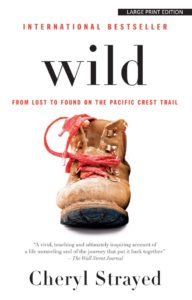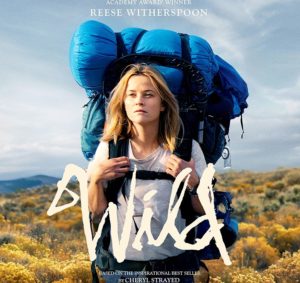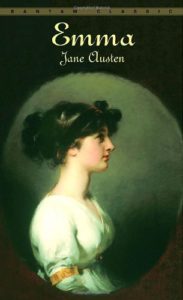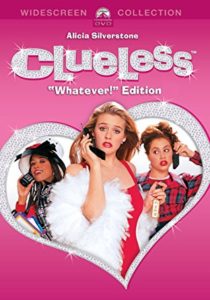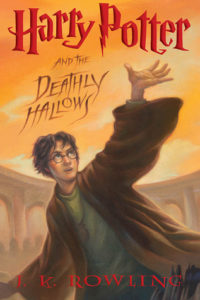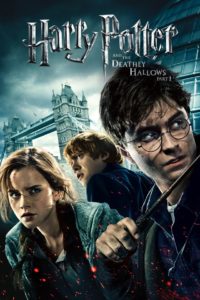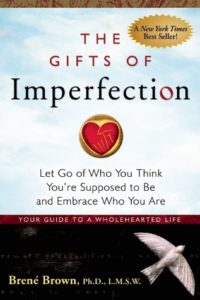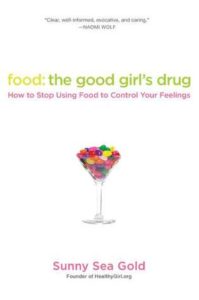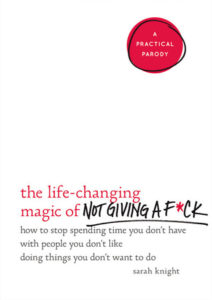It’s an age-old debate: is it better to read the book first or see the movie?
I’ll save the debating. Read the damn book first. Always.
Personally, I don’t adhere to this rule, even though I aspire to. This is because I’m both pregnant and raising a toddler, so I weigh it like this: do I have time to watch a 120-minute movie or read a 400-page book first? Well. We know how this one ends. That said, I do hold sacred the “Read Before Viewing” rule, so let’s just pretend I’ve always read everything first, deal?
Since I’ve shut down the debate on which to do first, let’s talk about the debatable: are books always better than their movie adaptations? Can movies improve upon sub-par books? Are there great books that truly become great movies?
In my opinion, books aren’t always better than their movie adaptations. Some movies definitely improve on some not-so-good books. And there are absolutely great books that become great movies.
Trying to pick my favorite book-to-movie adaptations of all time is overwhelming, so what I’ll do for you is give you 3 of my favorites (yes, there are a lot more awesome ones out there!). They’re books I’ve turned to over and over, and they’re movies I never get tired of watching. That’s pretty much my standout criteria.
Wild by Cheryl Strayed and Wild, 2014 starring Reese Witherspoon
I’m putting this one up first because it’s probably my most controversial. Even Natalie has blogged about how she felt the book was overrated. But for some reason, this story speaks to my soul. Strayed’s writing is poetic and honest, and I underlined and highlighted so much of it that it may as well be yellow through. Sometimes books just hit you because of your time and space in the world, and maybe that was it for me.
I’ve seen the movie maybe once every 2 months since it came out. I’m surprised by how often I revisit it. Reese Witherspoon is tough and vulnerable in her portrayal of Strayed, and director Jean-Marc Vallée’s vision is perfection. The wilderness is beautiful, the pain very real, and its universality touching.
Emma by Jane Austen and Clueless, 1995 starring Alicia Silverstone
I won’t get into it with you about my love of Jane Austen. Just know that when I studied abroad, I visited her hometown, the house she grew up in, and her gravesite, because it’s that serious. Austen isn’t for everyone, I get it, but I love her stories and I love Emma.
I might have gone with the Gwyneth Paltrow adaptation on this one, but it just isn’t as amazing (or timeless!) as Clueless. Many write this one off as a chick flick, or dismiss it as another cheesy 90s movie, but come on. It’s amazing. This movie manages to take a story from the 1800s, update it, and make it relevant still some 20+ years later after its debut. The cast is funny and silly, but completely sincere. And Paul Rudd is stunningly handsome. I’ll end there.
Harry Potter and the Deathly Hallows by J.K. Rowling and Harry Potter and the Deathly Hallows, Part 1, 2010 starring Daniel Radcliffe
What is there to say about Harry Potter that hasn’t been said? The storytelling is above all else; the writing is timeless; the world and its characters are rich and compelling. It’s engrossing. It’s unforgettable. I love it, okay? I’ll stop convincing you now.
Let’s just get this out of the way: the movies as a set are uneven and inconsistent. There are some changes that aren’t so great and others that had to be made for the sake of time and format. Accepting these things as reality allows for some of the missteps (ahem…Goblet of Fire…ahem). But Part 1 of Deathly Hallows? Gorgeous and haunting. The mood, the scenes, the acting: it’s perfect. I’ve re-watched that particular movie in the series over and over again. It’s that well done.
There you have it: three of my favorite book-to-movie adaptations! Next post, I’ll tell you about my picks for crappy books that became better movies.
What are your favorite book-to-movie adaptations? Do you go for classics like To Kill a Mockingbird? Or do you allow for a Clueless in your list?

